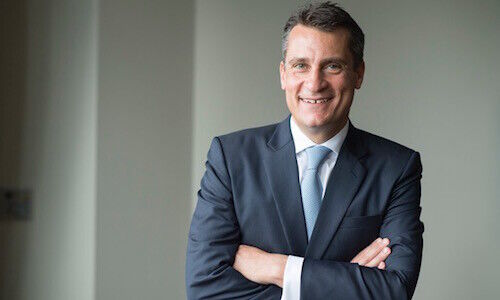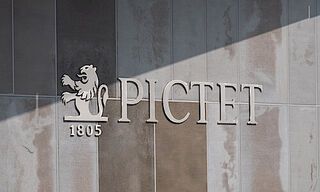Once considered the least likely segment to digitalize, technological prowess for private banking with ultra-high net worth individuals is now not even a matter of discussion, according to Lombard Odier’s Asia CEO Vincent Magnenat.
87 percent of ultra-high net worth individuals (UHNWIs) in Asia said that the degree of digitalization at banks will be a key criterion, according to a new Lombard Odier survey, illustrating the effects of the pandemic on a segment once believed to be exclusively a brick-and-mortar business.
Naturally, mobile communications is amongst the capabilities expected with 81 percent of respondents expecting less physical post-pandemic human interactions. Other aspects of tech-related banking services were underlined including, most notably, comprehensive reporting solutions (as agreed by 83 percent) due to the need for tax visibility from UHNWIs with multi-jurisdictional needs.
«It’s not even a subject because it’s a given,» said Magnenat at a virtual roundtable earlier today. «What is more important for the [next generation] is sustainability.»
Technology: A Given, Not a Differentiator
Yet although UHNWIs are increasingly demanding a higher minimum degree of banking digitalization, the survey findings note that their focus on the ceiling is still, naturally, banking.
«It’s a fact that digitalization and IT-related services are of high importance. However, it was mentioned a few times that it might not be the differentiator,» said Jean-François Aboulker, Lombard Odier’s Asia head of UHNW offering.
«Basically, technology is there as an enabler. It’s not the key deliverable that banks are going to bring [to clients].»
Next Chapter
Interestingly, respondents’ focus on technology was placed on the specific issue of closing the inequality gap, especially given concerns of its continued widening during the coronavirus pandemic, as agreed by 83 percent. And this is where the bank believes the future differentiator lies in: sustainability.
According to Magnenat, most of the countries surveyed named the issue amongst the top three areas of interest.
89 percent of the UHNW respondents believed that this trend was here to stay with 61 percent considering ESG-related factors when making investment decisions and 55 percent ramping up efforts to combat climate change.
More Discretion
UHNWIs' investment outlooks were illustrated by uncertainty with 58 percent opting to delegate assets to discretionary mandates moving forward, of which 44 percent involved a mix of discretionary and advisory mandates. And in a region with an insatiable hunger for yield, this will be high order with 78 percent of respondents expecting low interest rates to remain as part of the new norm.
Lombard Odier’s survey focused on four areas – technology, investment, sustainability and family services – and included the participation of over 150 UHNWs domiciled in Hong Kong, Indonesia, Japan, Singapore, the Philippines, Taiwan and Thailand.
«The disruptions and impact of the pandemic are manifold, and have forced leading families and entrepreneurs in the region to rethink everything - not only on the way they are driving their businesses but also on which values they are willing to drive their life,» said Magnenat separately in a statement.





















